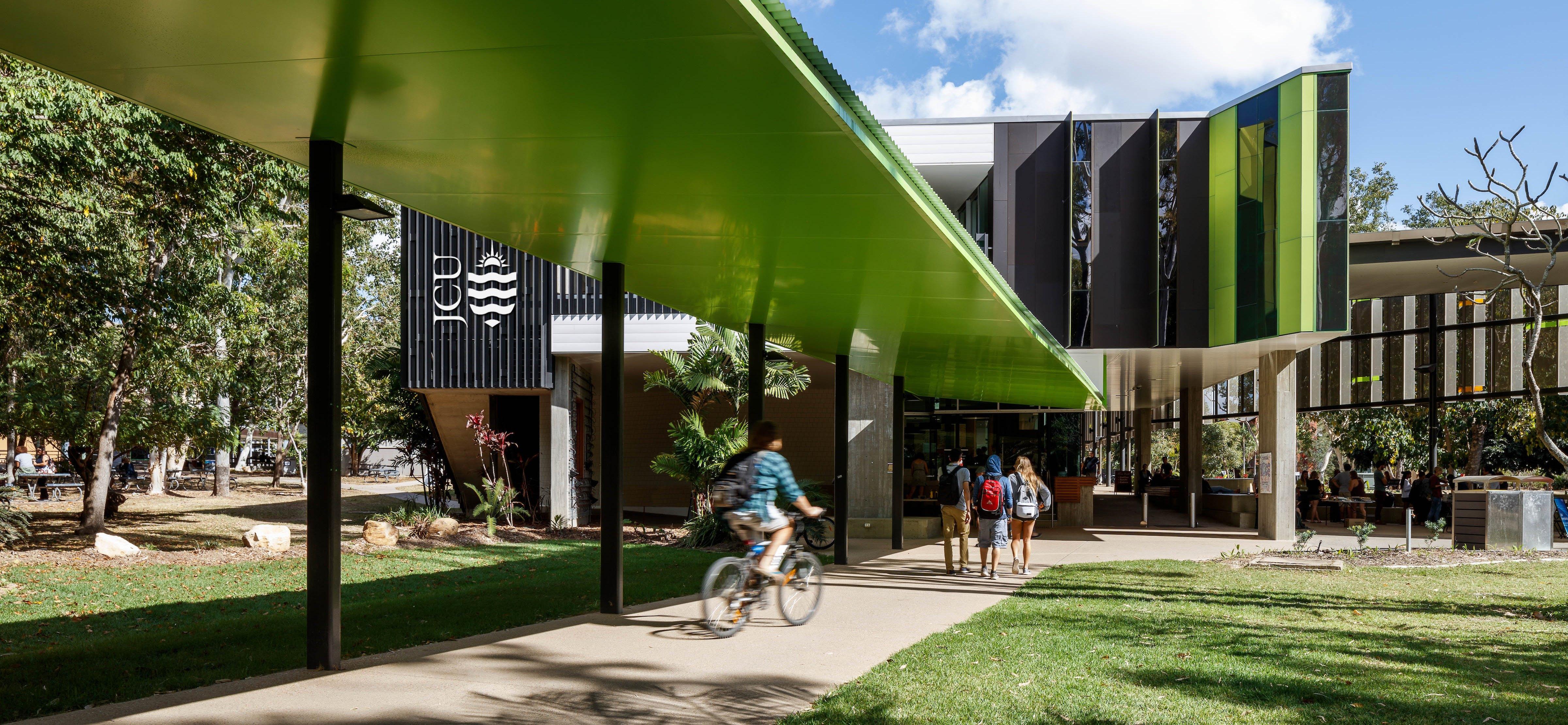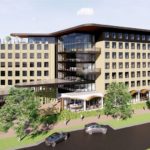
Comparing Canadian and Australian rural healthcare: A JCU Medicine experience
What sets JCU Medicine apart from other medical schools?
James Cook University is set in idyllic Northern Queensland, but it is far more than beautiful beaches!
Home to the 6-year Bachelor of Medicine, Bachelor of Surgery (MBBS) program, JCU is one of the world’s leading institutions focusing on rural and remote medicine in the tropics.
For Canadian students studying at JCU, the parallels between rural and remote healthcare in Australia and Canada become increasingly noticeable throughout the program as they gain clinical experience and knowledge relating to meeting the medical needs of rural and tropical populations.
Known for its close ties with Canada and the US, the Lynn Kratcha Memorial Bursary exemplifies the type of opportunities that are available for JCU medical students to experience rural and remote healthcare in various settings. This bursary is awarded annually to a small group of second-year medicine students who wish to take on an international placement in Canada or the US.
Emily Johnston and Supreet Sandhu were the lucky recipients of the bursary in 2019, prior to COVID-19 limiting international travel. They went on a four-week placement in Saskatchewan, Canada.
Below, Emily has reflected on the unforgettable experience in the “land of the living skies.”
Community Engagement
Saskatoon was our base city, home to The University of Saskatchewan with a population of approximately 273,000, just over that of Townsville. Here, we made contact with very like-minded medical students with similar aspirations and focuses on rural, remote, and Indigenous medicine to the students at James Cook University.
Largely focused on community engagement, the placement exposed us to entirely different cultures and areas of medicine from what we had seen before, broadening our perspectives and knowledge of medicine and healthcare. Additionally, we were intrigued to discover that the major health concerns and prevalent chronic diseases in Canada are very similar to what we are experiencing in Australia.
Reminiscing on our placement, I cannot believe how much we packed into four weeks. We literally ensured each day was full of more activities than the day before. I think we both slept for at least a week once we were home, but in no way do we regret turning every waking moment of our adventure into different experiences and stories.
Understanding history and culture
Travelling to many medical clinics on Indigenous Reserves, a large focus of our placement was to develop an understanding of the history of the Indigenous Canadian people. We were privy to work alongside some very knowledgeable practitioners and Indigenous people who educated us on the cultural teachings of Saskatchewan’s First Nations and Métis population. From our experiences, it was evident that the emotional, spiritual, and physical trauma of the events that occurred during the colonization of Canada is still very real today. It continues to provide significant barriers and inequalities towards the delivery of healthcare.
We were able to experience some incredible rural communities, Indigenous Reserves and countryside. In each small rural community, there was something special about the close connectedness, sense of belonging and welcoming nature of the people. This was reflected through the highly dynamic and collaborative hospital and health centres we undertook clinical placement and cultural activities in. The delivery of rural family medicine was something truly exceptional.
I was privileged with the opportunity to travel on a small Cessna 185 plane to the Indigenous Reserve, Patuanak. Observing the land from above, I was mesmerized by its pristine quality and beauty. Watching the wildlife below emerge in and out of snow laden habitats whilst the pilot gave explanations as to what I was overseeing, I felt as though I was in the midst of the filming of one of David Attenborough’s wildlife documentaries. The realization that I was flying some hundred meters above frozen lakes, towards an Indigenous rural community that would otherwise not have the opportunity to see a doctor, provided me with a newfound level of passion and love for rural medicine. It was something I would never have had the chance to experience anywhere else.
True patient-centred care
Southeast of Saskatoon, about 330 km away, was a small village named Fort Qu’Appelle, which means “who calls?” It’s a stunning valley that holds a rich and vibrant history. Here, the All Nations Healing Hospital provided us with insight into the true integration of western and Indigenous medicine. The incorporation of traditional Indigenous natural medicines for patients undergoing renal dialysis, explained to us by a First Nations elder, demonstrated successful fusion of the two forms of medicine. I learned that to many people, health is so much more than having a perfect hospital chart. Spirituality, family and community are most often of the highest concern. This teaching I will remember when working in Australia where numerous parallels run between the two nations’ Indigenous populations.
The First Nations people say “miyo maskihkiy,” meaning “to practice good medicine.” I truly believe I witnessed the essence of patient-centred care and “good medicine” whilst in Saskatchewan. It showed me how important it is to find an area of medicine which inspires and excites you in order to practice good medicine, miyo maskihkiy.
*
Emily’s reflections are an incredible indication of the impact that this bursary, and this experience, can have on medicine students at JCU. The many connections and parallels that exist between Canadian and Australian healthcare are representative of our shared values, and the similar traumas of our history; issues that both countries are engaged in addressing and learning from.





































Ask A Question
Ask us about your program of interest, or if you have a question about our services.
CONTACT US TODAY